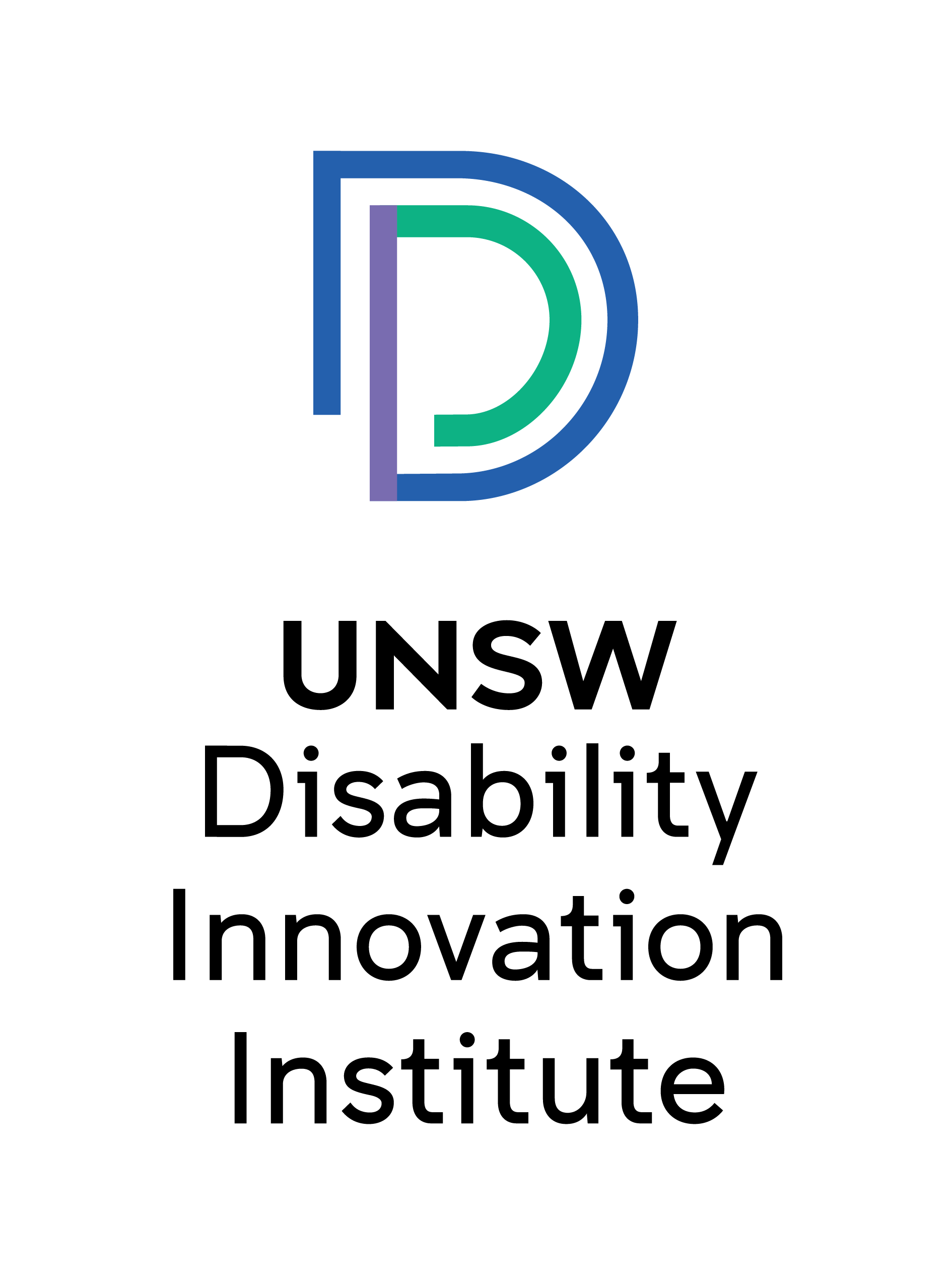Welcome to my final letter of 2022, covering our activities in November and December. Although we’re nearing the end of the year, the pace has hardly let up over the past two months. Here are some highlights:
- We completed our series of events A Past Still Present: disability discrimination and eugenics from the Nazi Third Reich to COVID-19 with contributions from Professor Karen Soldatic (University of Sydney) on Australian immigration policy towards disability; from Professor Helen Dickinson (UNSW Canberra) on the impact of the COVID-19 pandemic, and pandemic measures, on people with disability; and myself, on the thorny question of whether contemporary prenatal selective methods can be considered eugenic. We hope the series has provoked people’s interest and prompted them to reflect on some of these difficult issues. Keep an eye out next year for information about a special journal issue containing some of the talks, and of course as usual recordings are available on our website.
- In November I travelled to the Australasian Association of Bioethics and Health Law annual conference, the first to be held in hybrid format after the 2020 conference was cancelled and the 2021 one held online. In the beautiful but chilly surroundings of Hobart I was able to give one presentation based on an ethical analysis of the GeneEQUAL project and contributed to two panels, including a discussion of the use of automated decision making in the context of disability.
- Also in November, I spoke to the National Disability Services CEOs’ meeting on the role and importance of inclusive disability research to underpin effective and appropriate provision of services to people with disability.
- At the end of the year and looking towards 2023, the Institute has been able to partner with the Faculty of Law & Justice’s Allens Hub for Technology, Law and Innovation, and with the Australian Human Rights Institute, to support joint seed funding for disability-relevant projects. The Allens Hub funding has been allocated, while the AHRI call will open shortly. We’re very grateful to both those institutions for making this collaboration possible. And we are very pleased to announce that next year the Institute will also seed fund one disability-inclusive research project up to $25,000 – more information is available here, with applications opening early next year.
Here in Sydney the memory of the early days of COVID and lockdowns may be fading into the past, but at the Institute we remain aware that people with disability around the world are still suffering the direct and indirect consequences of the pandemic. Disability can make people more vulnerable to severe illness, while the additional workload the disease creates has knock-on effects on health and social care. This threat to disabled people’s wellbeing is a theme running through the year, along with inquiries into ‘roboplanning’ and perennial public debate about the cost of the NDIS. All of this has worked to make 2022 a hard year for many of us. In looking towards 2023, let’s hope that there is better news for people with disability in all these vital areas of our lives.
Wishing you all a happy and peaceful turn of the year, and looking forward to seeing you again in 2023!

